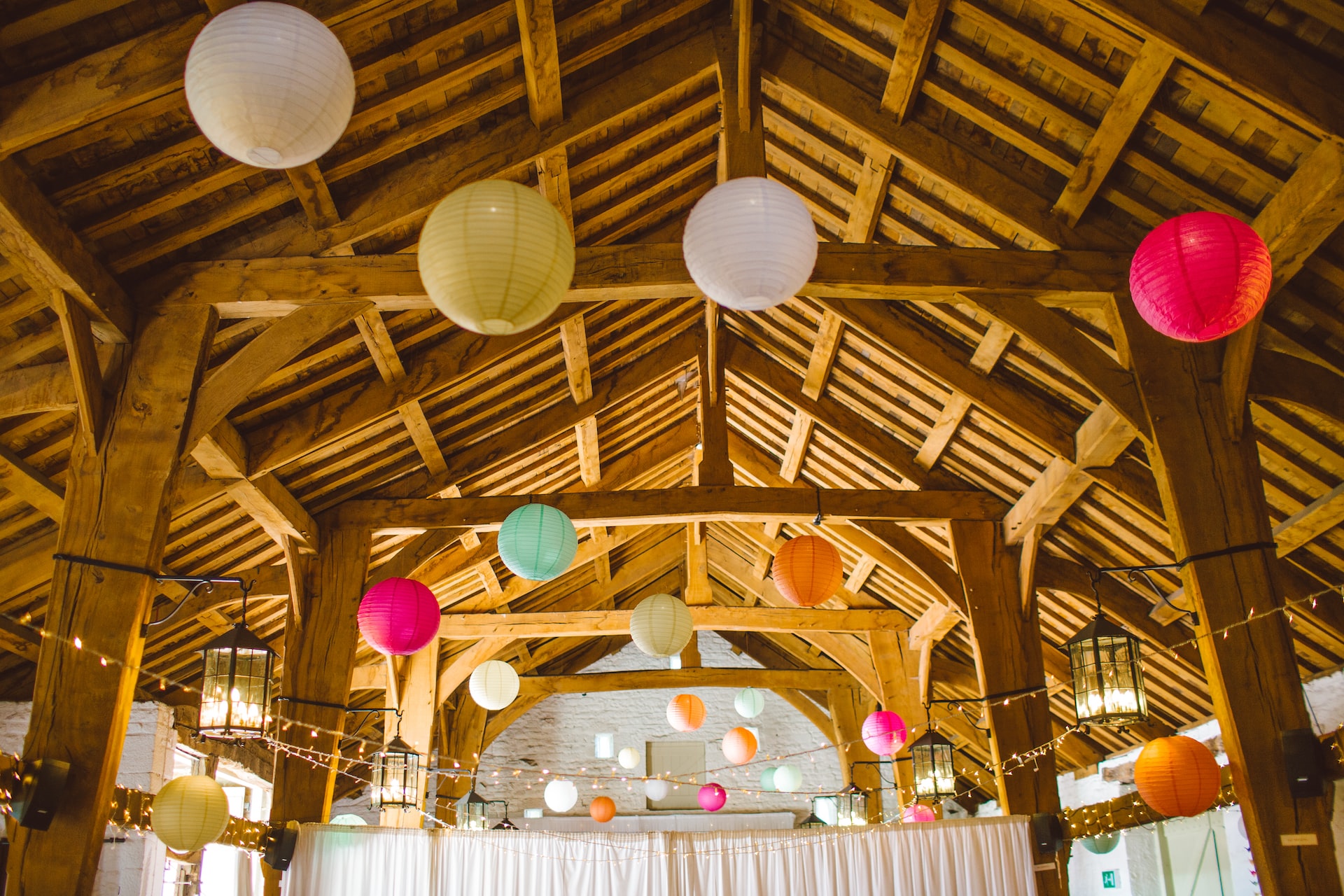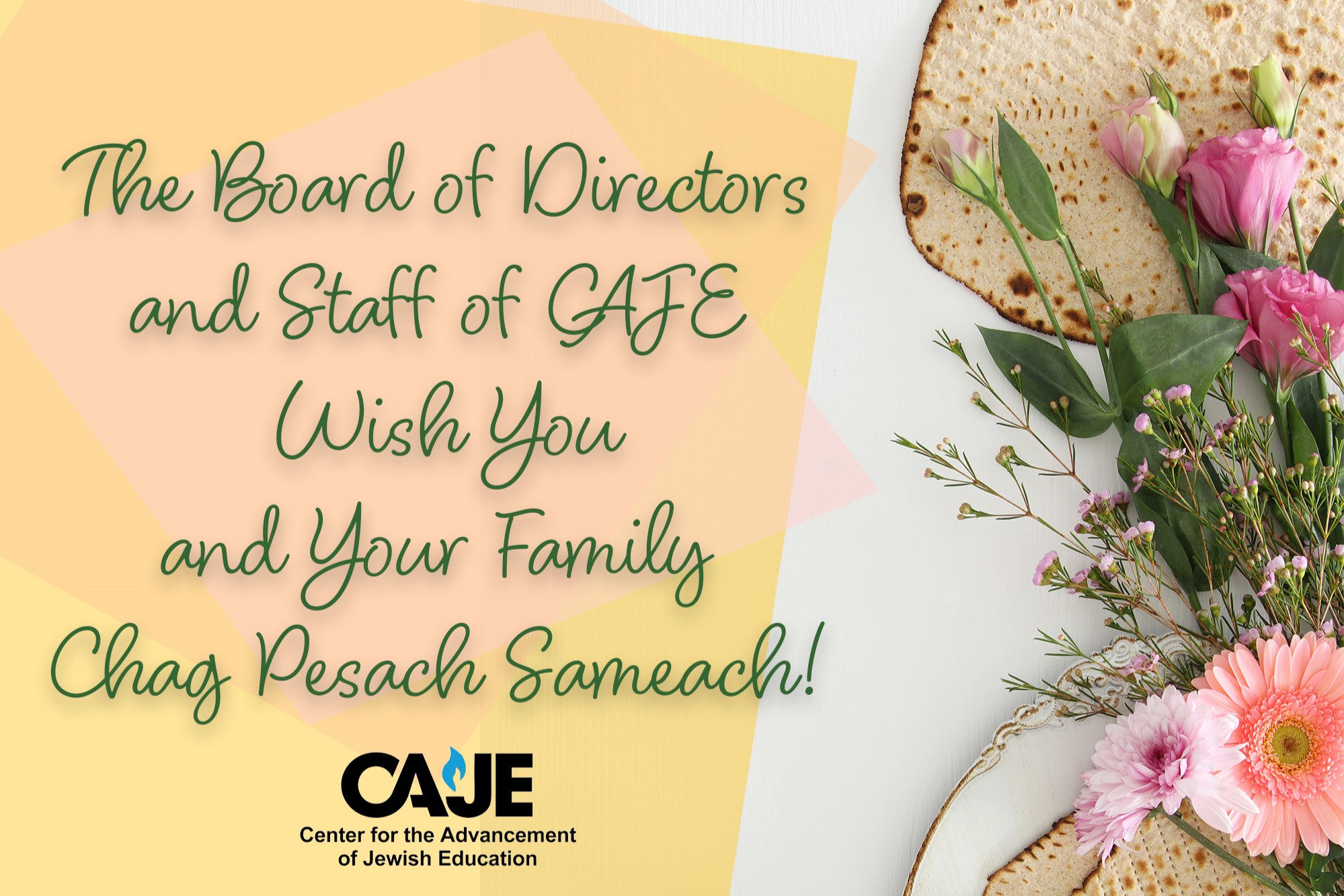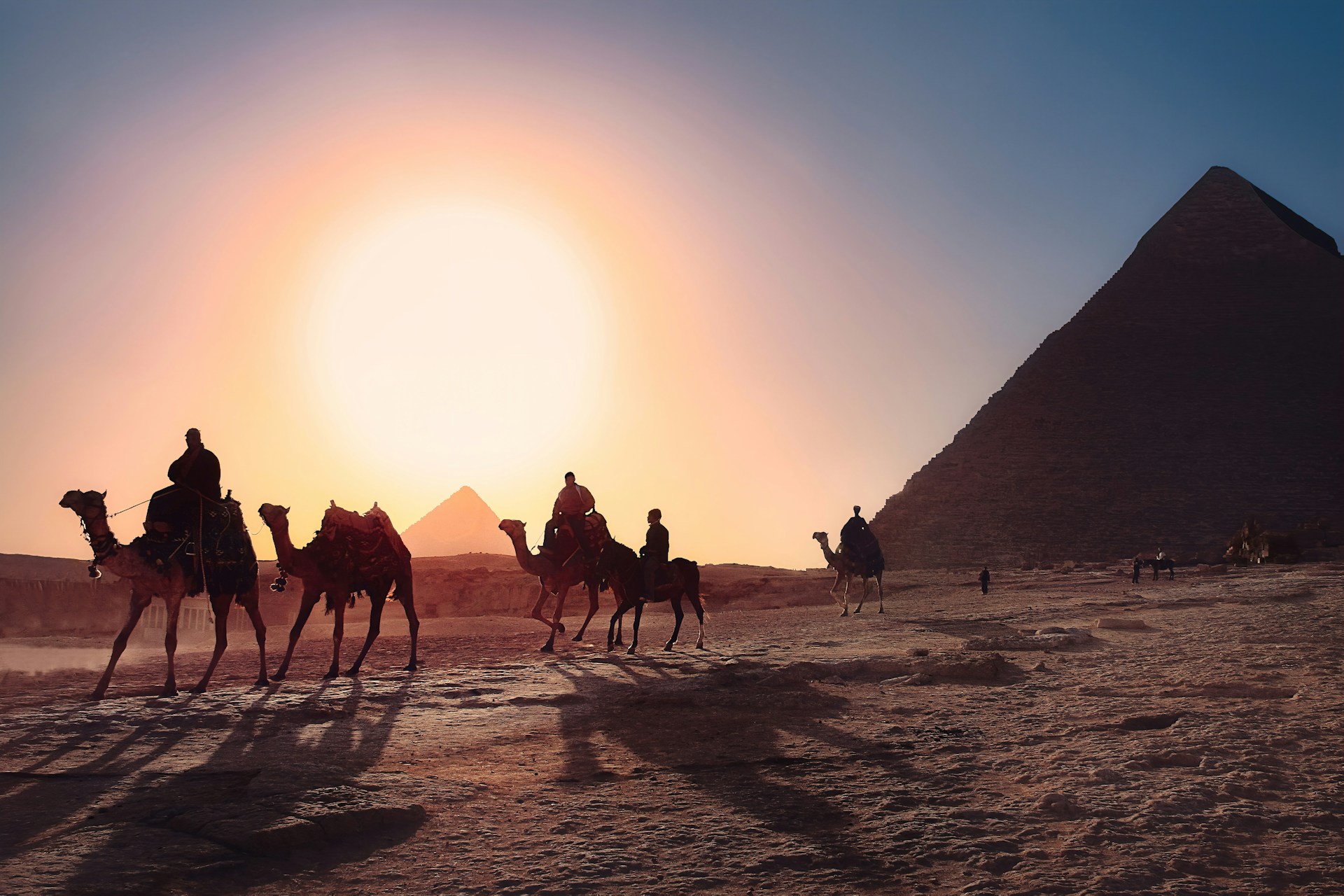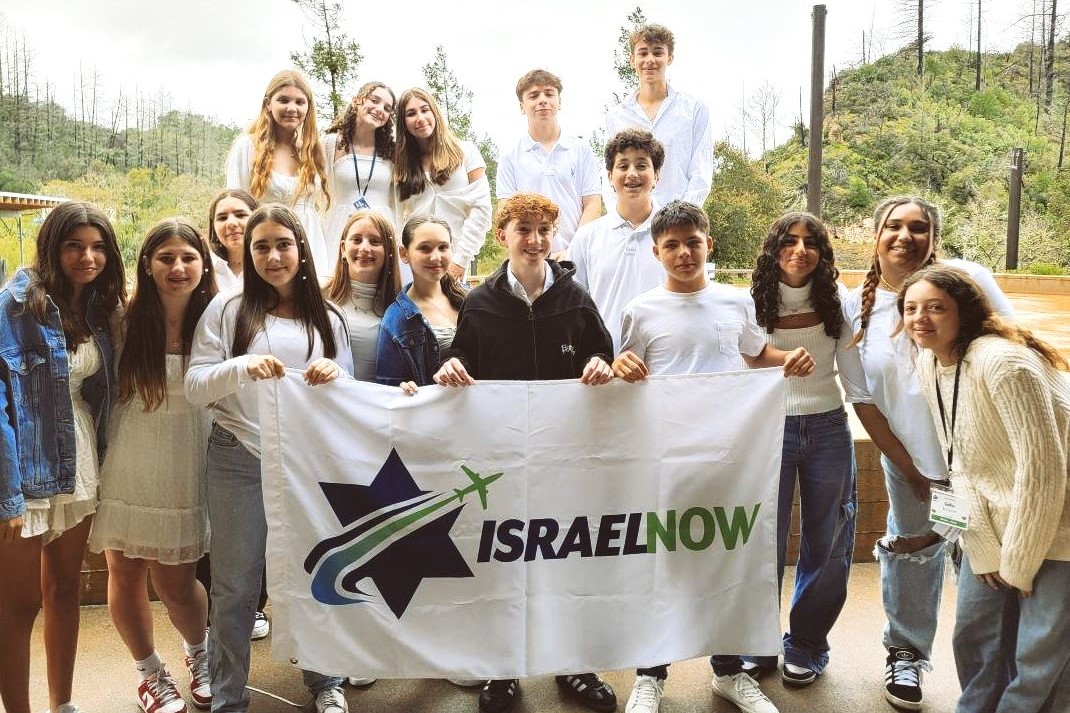Keep It Simple


Photo by Tom Pumford on Unsplash
This week's Dvar Torah was written by Rabbi Toba Spitzer, the first openly lesbian or gay person chosen to head a rabbinical association in the United States, upon being elected president of the Reconstructionist Rabbinical Association in 2007. She leads Congregation Dorshei Tzedek in West Newton, Massachusetts, and is the author of “God Is Here: Reimagining the Divine” (2022).
You shall live in sukkot seven days; all citizens of Israel shall live in sukkot, in order that future generations may know that I made the Israelite people live in sukkot when I brought them out of the land of Egypt, I, YHVH, your God. (Vayikra/ Leviticus 23:42-43)
Building a sukkah, eating our meals in the sukkah, sleeping in the sukkah if the weather permits— all of these activities serve to remind us of some powerful truths.
The sukkah is a simple structure; it reminds us of the value of simplicity, of not getting overly caught up in the excesses of our lives.
We take very little with us into the sukkah—a table and some chairs, something to sleep on, a few decorations. It reminds us of what we need, and what we don’t need.
For those of us with houses stuffed with possessions, it reminds us of the incredible excess we both enjoy and suffer from here in America.
We are liberated in the sukkah when we can celebrate the harvest, the abundance of our lives, with a little distance from our material possessions.
The sukkah is open to the elements—there needs to be enough space in the roof for rain to get through, and it cannot shelter us from the cold. Yet it is in the sukkah that we are invited to feel God’s presence in our lives.
The sukkah reminds us that security ultimately doesn’t come from walls, from possessions, from barriers— but from opening our hearts and our homes to others; [security comes] from remaining open ourselves. We let a little rain in, and know that we’ll be okay.
The sukkah must be a non-permanent structure, yet it serves to remind us of how long we’ve been around as a people— all the way back to our ancestors’ liberation from slavery in Egypt.
It reminds us that all of life is ephemeral, and the only thing that lasts is our connection to other people—through time and through space—and to the Power of Life and Liberation [that some call God] which gives us life as individuals, and as a community.
The sukkah is the site of paradoxes.
In its simplicity, we celebrate the abundance of the year’s harvest.
In its vulnerability, we feel ourselves protected by the sukkat shalom of Godly love.
In its temporary-ness, we connect ourselves to the Eternal.
The sukkah is the answer to other, less savory paradoxes: the paradox of growing poverty in the richest country in the world… the paradox of human ingenuity that can replicate life even as we destroy the very basis of life on this planet.
The sukkah tells us: Turn away from excess, from much too much, towards… simply enough.
Turn away from violent fantasies to building structures of peace.
Turn away from illusions of invulnerability to the reality of our precious and vulnerable, temporary lives.
Shabbat Shalom




